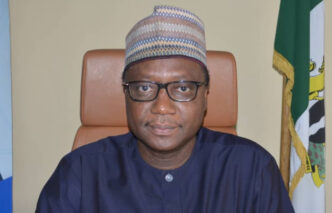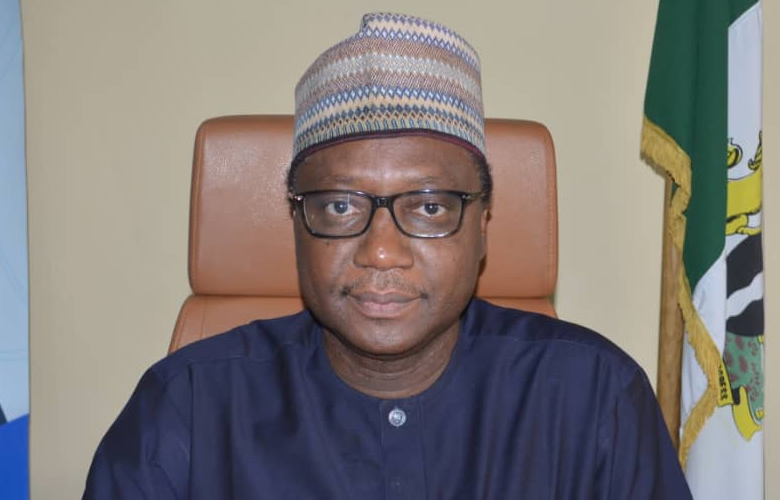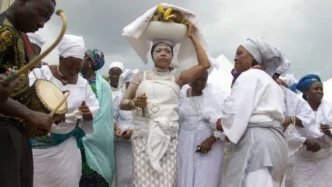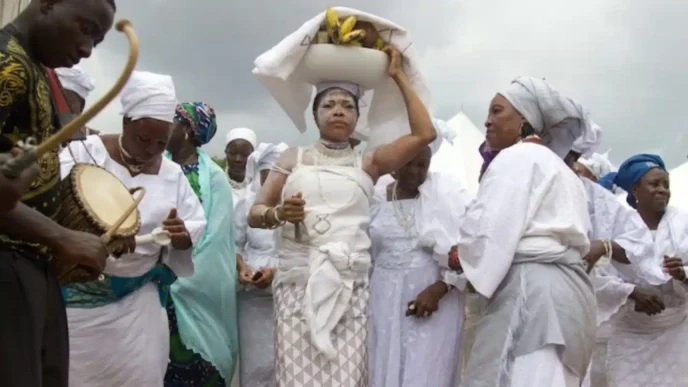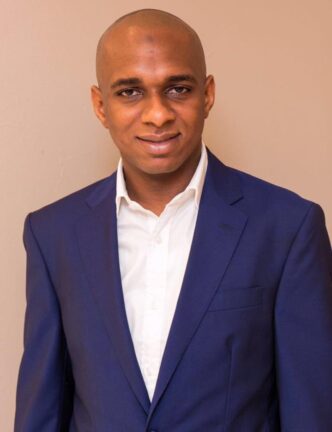The Revenue Mobilisation Allocation and Fiscal Commission (RMAFC) has announced plans to review the salaries of Nigeria’s political office holders.
The commission argued that the current pay structure, unchanged since 2008, is outdated and fails to reflect the responsibilities of top officials amid present economic realities.
During a press briefing in Abuja on Monday, RMAFC Chairman Mohammed Shehu revealed that President Bola Tinubu currently earns ₦1.5 million monthly, while ministers receive less than ₦1 million.
He described this as unsustainable given their workload.
“You are paying the President of the Federal Republic of Nigeria ₦1.5m a month, with a population of over 200 million people.
Everybody believes that it is a joke,” Shehu said.
Shehu further argued that the disparity in salaries between political leaders and heads of government agencies was unfair.
According to him, some directors-general and central bank officials earn up to ten or even twenty times more than ministers and the Attorney-General.
“You cannot pay a minister less than ₦1m per month since 2008 and expect him to put in his best,” he noted.
“That is absolutely not right.”
The RMAFC chairman stressed that the commission is constitutionally mandated to set salaries only for political, judicial, and legislative office holders, not civil servants.
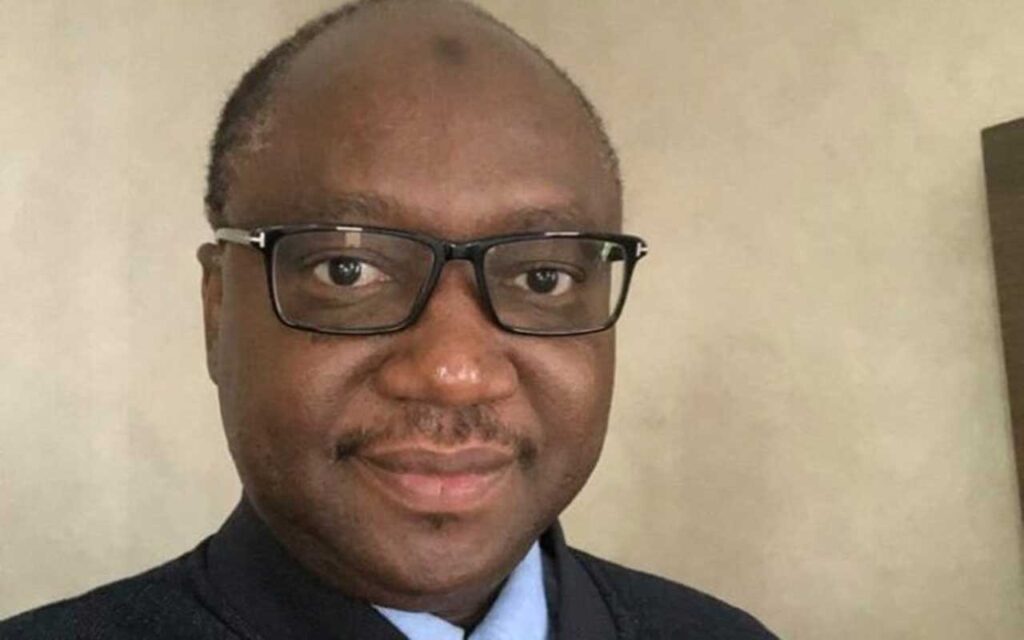
“We are strictly restricted to political office holders, governors, senators, legislators, ministers, DGs, and other people,” he clarified.
However, the Nigeria Labour Congress (NLC) strongly opposed the idea of increasing politicians’ salaries.
The union argued that such a move ignores Nigeria’s rising inequality and the numerous hidden allowances already available to office holders.
Critics believe that at a time when most Nigerians face hardship, any attempt to raise politicians’ pay could deepen mistrust in government.
In addition to the salary review, Shehu revealed that the commission had begun reviewing Nigeria’s revenue-sharing formula.
The current arrangement, introduced in 1992, allocates 52.68% of federally generated revenue to the Federal Government, 26.72% to states, and 20.60% to local governments.
He explained that recent constitutional amendments had expanded state responsibilities, making it necessary to revisit the structure of fiscal federalism.
“The situation has made it essential to re-evaluate the structure in order to foster economic growth in individual states,” he said.
Shehu recalled that in 2022, under former chairman Elias Mbam, the commission had recommended a new formula giving the Federal Government 45.17%, states 29.79%, and local governments 21.04%.
However, the Muhammadu Buhari administration failed to implement it.
Since independence in 1960, revenue sharing has remained one of Nigeria’s most contentious issues.
Persistent political resistance has delayed reforms, despite repeated calls for fairer distribution.
The RMAFC chairman urged Nigerians to support the commission in setting what he called “reasonable living salaries” for political leaders.
“It’s about time that people like you and others should support the commission to come up with reasonable living salaries for ministers, DGs, and the President,” he said.
Meanwhile, the commission has pledged to push ahead with both the salary and revenue formula reviews, despite expected resistance.
